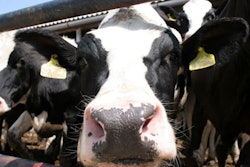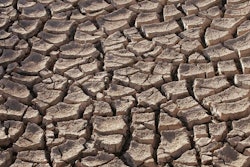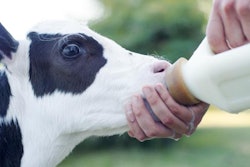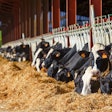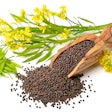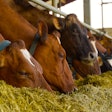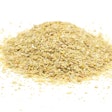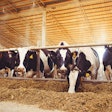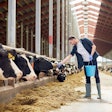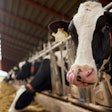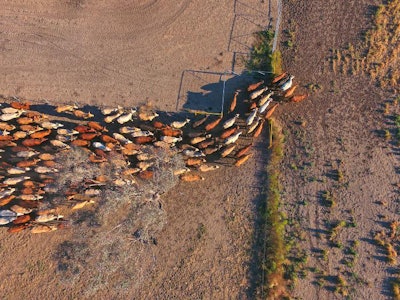
Dry conditions are making it challenging for producers to feed cattle in parts of the United States. In addition to already stressful conditions, farmers are concerned about what they will feed cattle this winter as drought conditions in some areas haven’t allowed for normal hay growth, limiting stockpiles that are used to get cows, bulls and yearlings through the winter when forage is scarce.
“Parts of Missouri are so dry that corn crops are suffering and hay for cattle is in short supply, with water becoming increasingly scarce,” ABC News reported.
The U.S. Drought Monitor map shows that nearly all of Missouri is experiencing drought, with several counties in the northwestern part of the state facing "exceptional" conditions. Other parts of the state were close to the same classification. Soil moisture is listed as short or very short in many parts of the state.
Almost half of Missouri's corn crop was listed as poor or very poor, according to the most recent U.S. Department of Agriculture (USDA) progress report.
Parts of Kansas are struggling too, as mother nature has provided less-than-ideal conditions for the wheat crop.
In Texas, Lazy Two Cattle Company told MyStatesman that, in a normal year, it would have already harvested about 1,200 bales of hay by now. Due to drought, this hasn’t happened.
Larry Mellenbruch, co-owner of the cattle operation, said in the article that his operation will have to buy hay — that is, if there is any to buy.
Large round bales are averaging $55 in Central Texas, up about 22 percent from $45 a year ago, according to the USDA. Texas A&M University’s AgriLife Extension Service has received reports of bales selling for up to $125 west of Austin.
These prices could force producers to send cattle to market because the cost to feed them is too high.
International drought conditions
The Agriculture Producers Association of Saskatchewan (APAS) has asked Canada’s agriculture minister in a letter to extend the 2018 Livestock Deferral Tax credit because of drought conditions.
“Two extremely dry years have left some of our producers with no choice but to sell some of their herds because hay is not available and feed costs are too high,” APAS President Todd Lewis said.
Other reports have suggested wheat yields are down globally.

